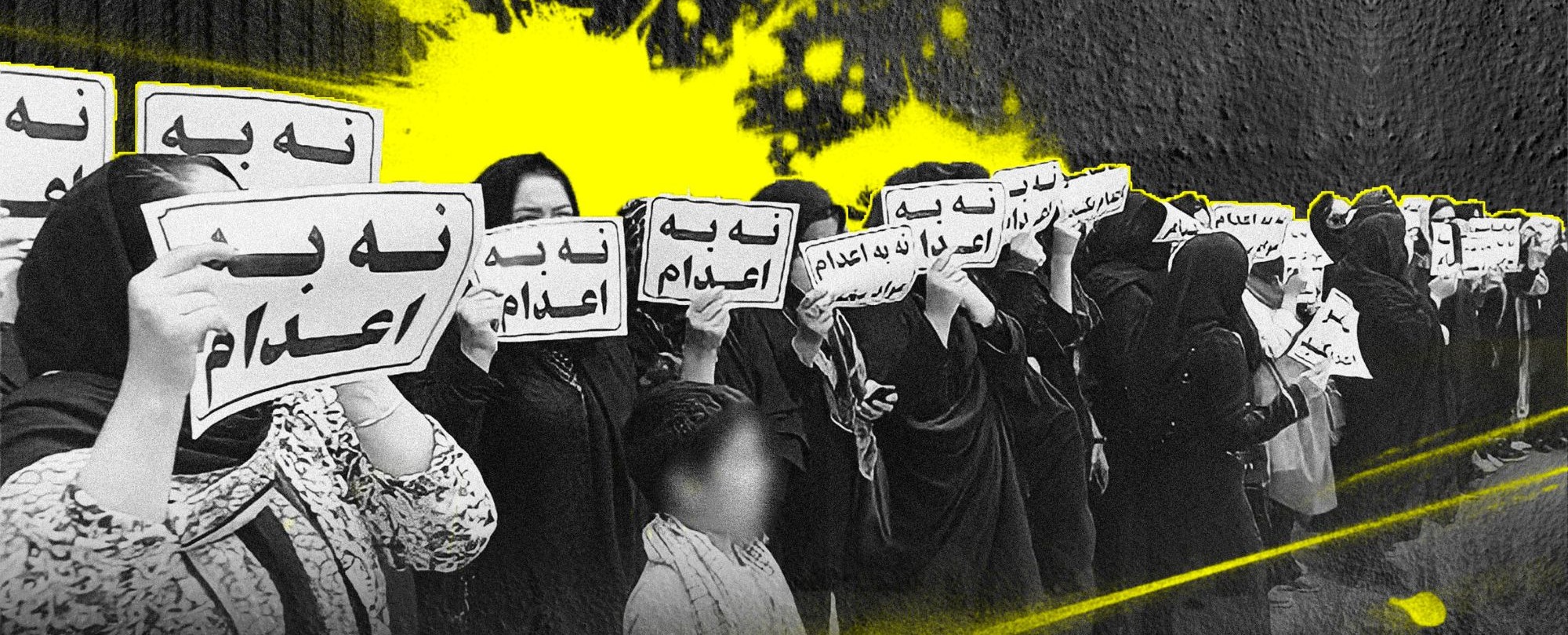Iranian authorities have executed over 1,000 people thus far in 2025, the highest number of yearly executions in Iran that the organization has recorded in at least 15 years, said Amnesty International. The organization is calling on the Iranian authorities to establish an immediate moratorium on executions as a first step, and issuing an urgent plea to other states to immediately pressure the Iranian authorities into halting all planned executions.
Within less than nine months, the number of people executed by the Iranian authorities so far this year has already surpassed last year’s grim total of 972 executions.
Since the 2022 Woman Life Freedom uprising, the Iranian authorities increased their use of the death penalty as a tool of state repression and to crush dissent, and amid an ongoing spike in executions for drug-related offences. In 2025 the authorities have also intensified their use of the death penalty under the guise of national security in the aftermath of the escalation of hostilities between Israel and Iran in June 2025 following Israeli military strikes against Iran.
“The ongoing escalation of executions in Iran has reached horrific proportions as the Iranian authorities continue to systematically weaponize the death penalty as a tool of repression and to quash dissent while displaying a chilling assault on the right to life,” said Heba Morayef, Regional Director for the Middle East and North Africa at Amnesty International.
“The death penalty is abhorrent in all circumstances and deploying it on a large scale following routinely grossly unfair trials compounds the injustice. Those targeted with complete impunity include political dissidents, members of oppressed ethnic minorities, protesters and those sentenced to death for drug-related offences.
International community must call for halt to executions
“The international community must take robust, immediate action to pressure the Iranian authorities to immediately halt all planned executions, quash all death sentences and impose an official moratorium on all executions with a view to full abolition of the death penalty. Given the systematic impunity for arbitrary executions, states must also pursue meaningful pathways for holding Iranian officials to account, including by exercising universal jurisdiction over all officials reasonably suspected of criminal responsibility for crimes under international law and other grave violations of human rights.”
Those at risk include individuals sentenced to death for drug-related offences or overly broad and vaguely defined charges such as “enmity against God” (moharebeh), “corruption on earth” (efsad-e fel-arz), and “armed rebellion against the state” (baghi) following grossly unfair trials before Revolutionary Courts.
Amnesty International’s research has consistently shown that Revolutionary Courts, which exercise jurisdiction over national security and drug-related offences, lack independence and impose harsh sentences, including death sentences, following grossly unfair trials, and those tried before such courts are systematically denied their fair trial rights. On 17 September 2025, Iranian authorities arbitrarily executed Babak Shahbazi, who was sentenced to death by a Revolutionary Court in May 2025 following a grossly unfair trial in which the authorities never investigated his allegations of torture and other ill-treatment.
Marginalized minorities disproportionately impacted
The authorities’ use of the death penalty has disproportionately impacted marginalized minorities, particularly those belonging to the Afghan, Baluchi, and Kurdish communities. At least two Kurdish women, humanitarian aid worker Pakhshan Azizi and dissident Verisheh Moradi are under a death sentence and at risk of execution.
Afghans in Iran have also been heavily impacted by the increase. The number of Afghans executed by the Iranian authorities more than tripled from 25 in 2023 to 80 in 2024. This alarming trend coincides with an increase in racist and xenophobic rhetoric from Iranian officials, which has continued into 2025, and amid an unprecedented wave of forced mass expulsions of Afghans, including those born and living in Iran for decades, to Afghanistan.
The sustained increase in the number of executions for drug-related offenses that started in 2021 has continued into this year in violation of international law and standards, which strictly prohibit the use of the death penalty for drug-related offenses.
Since the escalation of hostilities between Israel and Iran, senior officials, including Gholamhossein Mohseni Eje’i, the head of judiciary, have called for expedited trials and executions for “supporting” or “collaborating” with hostile states, including Israel. Iran’s Parliament also passed legislation that would, if approved by the Guardian Council, expand the use of the death penalty, including for vaguely worded national security charges such “cooperation with hostile governments,” and “espionage”, amid these disturbing calls by officials.
At least ten executed on politically-motivated charges since June
Since 13 June 2025, at least ten men have been executed on politically-motivated charges, including at least eight who were accused of espionage for Israel. Amnesty International has documented scores of others at risk of execution on similar politically-motivated charges, including Swedish-Iranian academic Ahmadreza Djalali, and women’s and workers’ rights defender Sharifeh Mohammadi, whose conviction and death sentence was upheld by Branch 39 of the Supreme Court in August 2025.
Amnesty International opposes the death penalty in all cases without exception. The death penalty is a violation of the right to life as proclaimed in the Universal Declaration of Human Rights and it is the ultimate cruel, inhuman and degrading punishment.





















